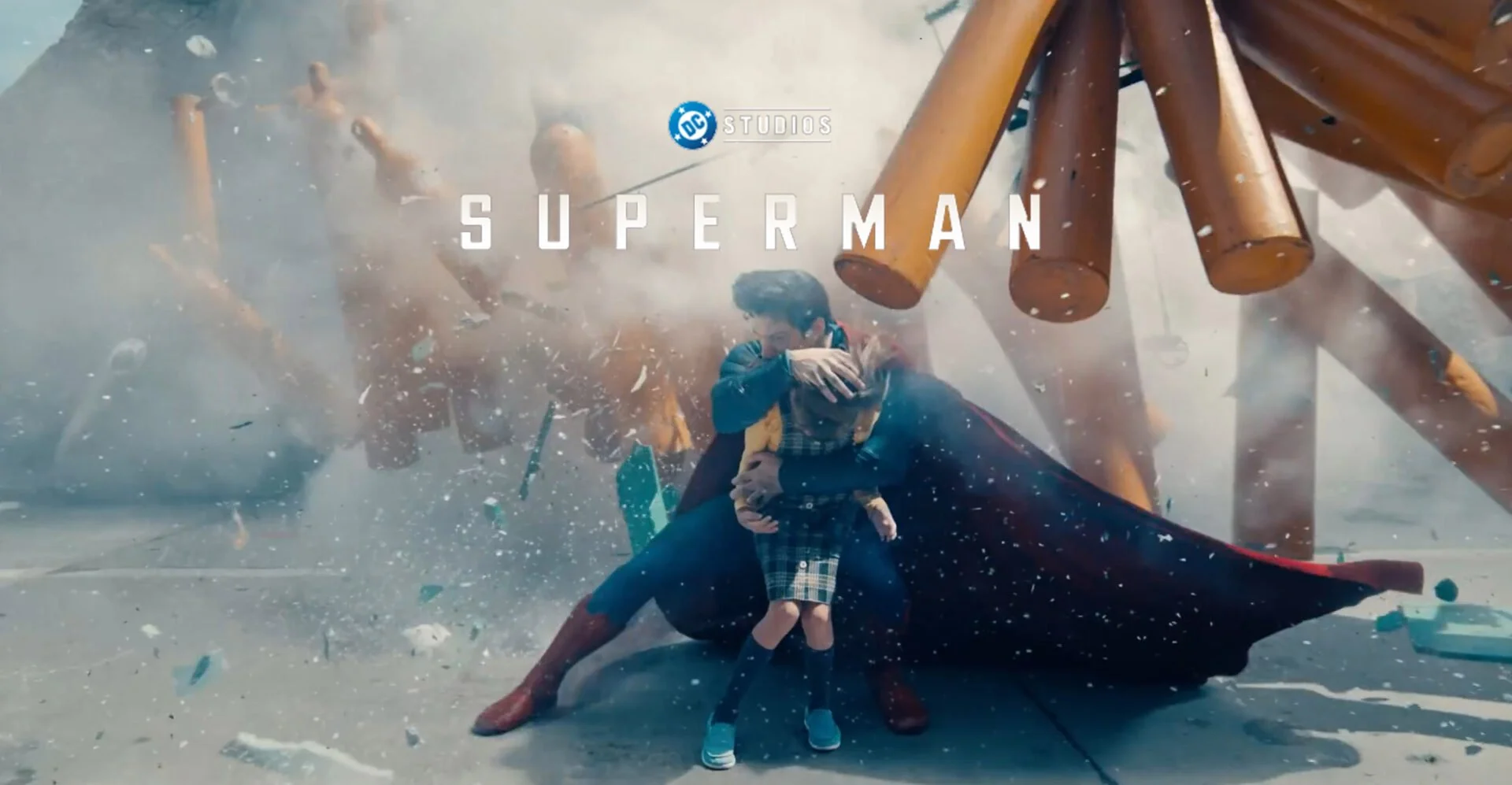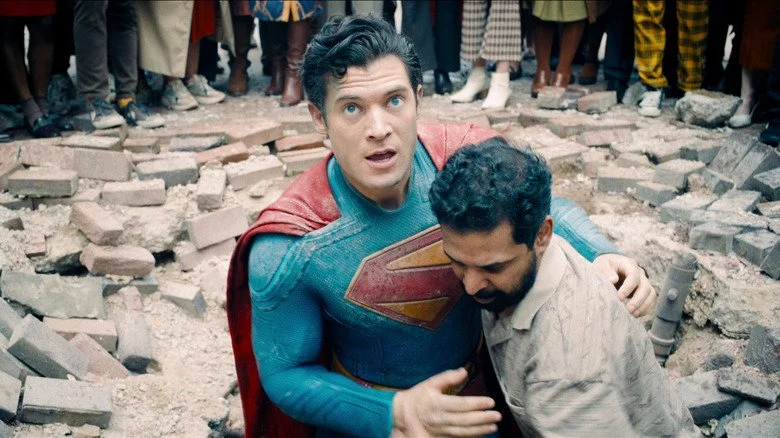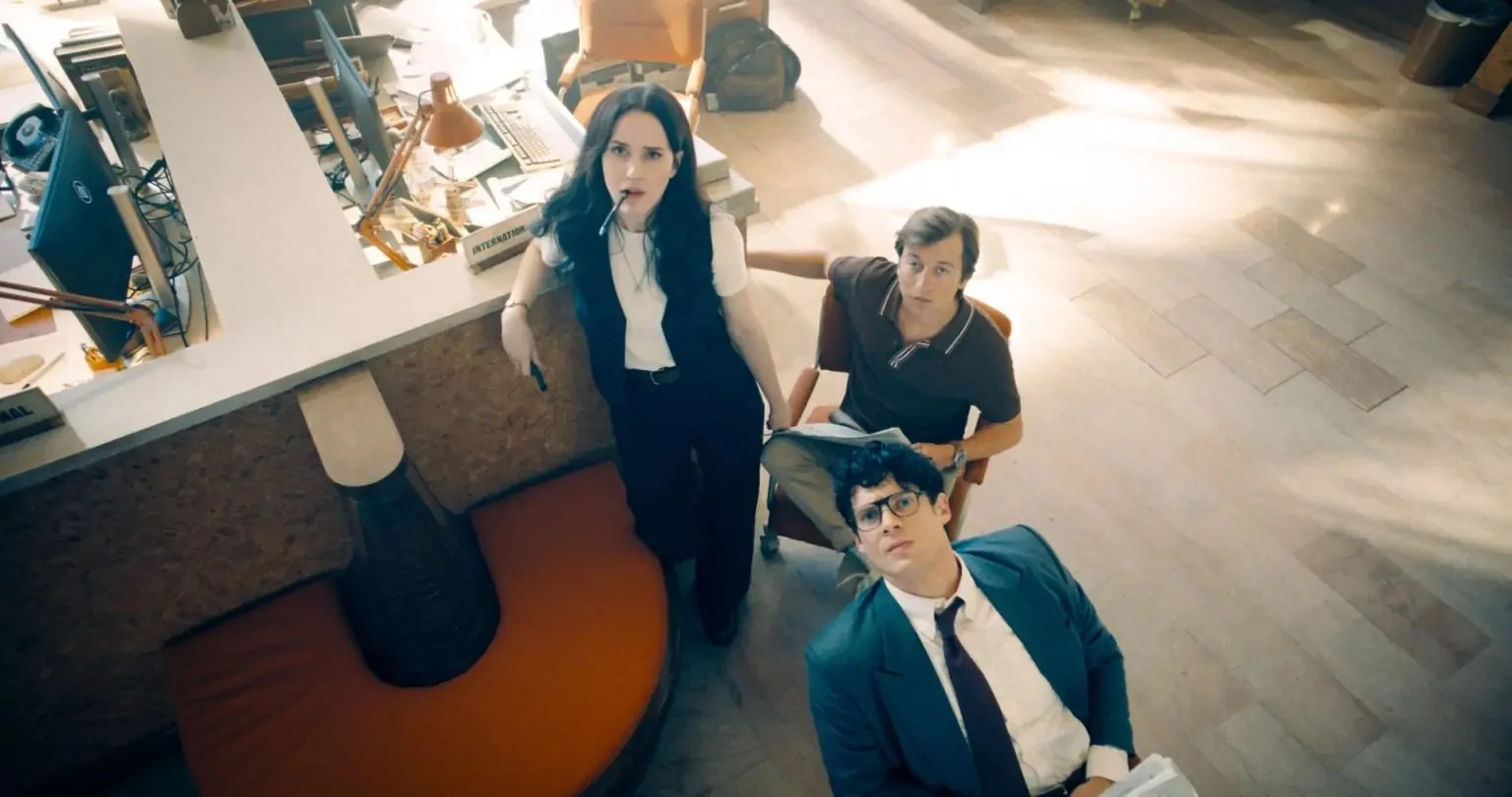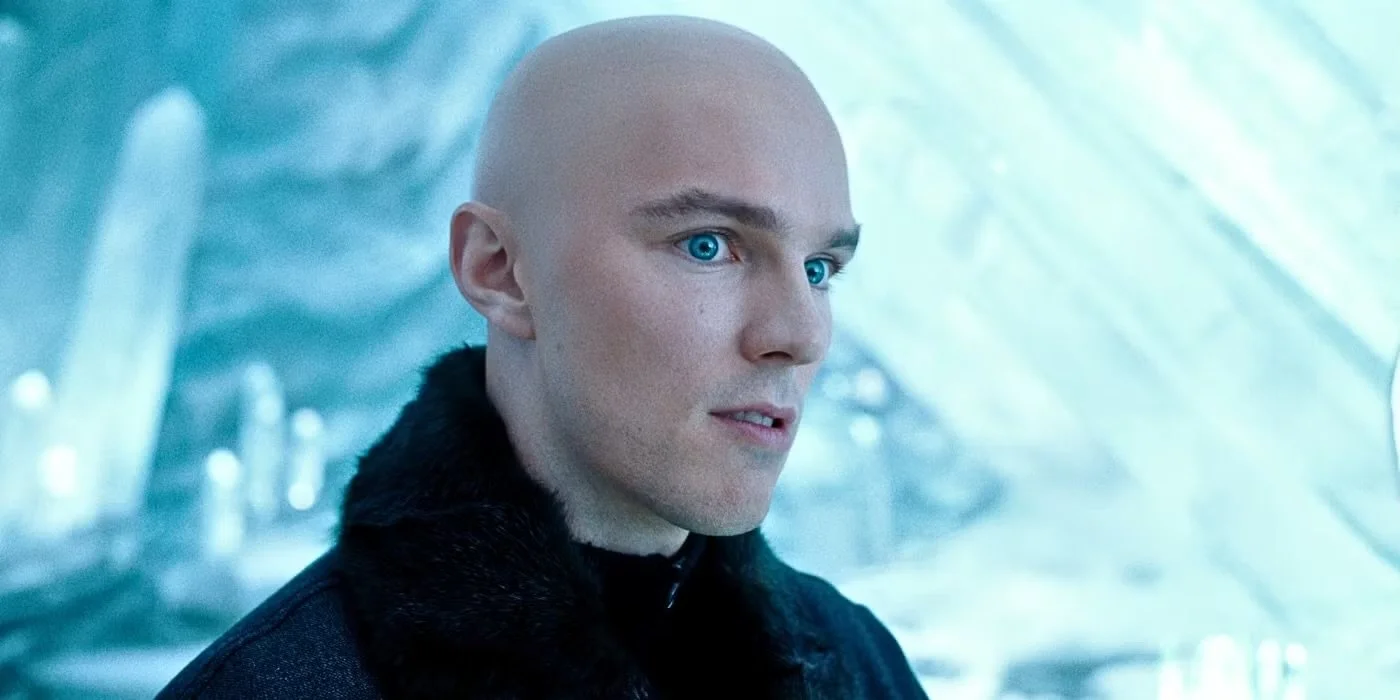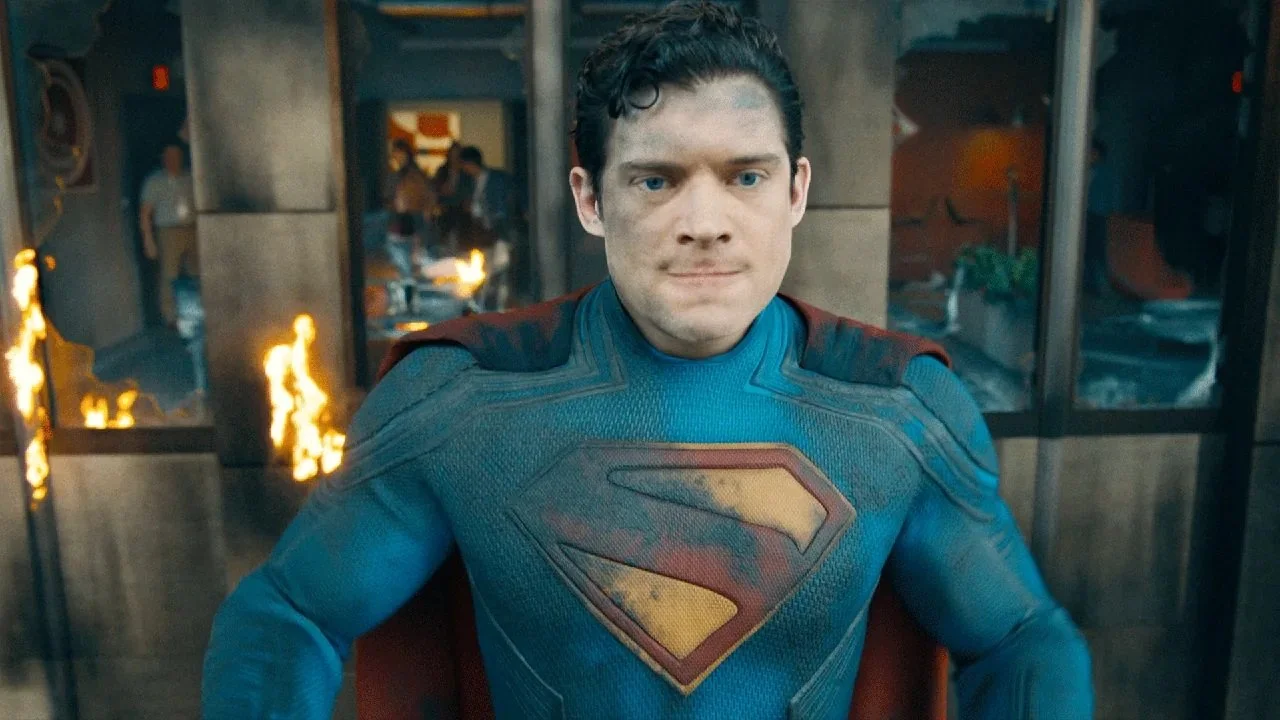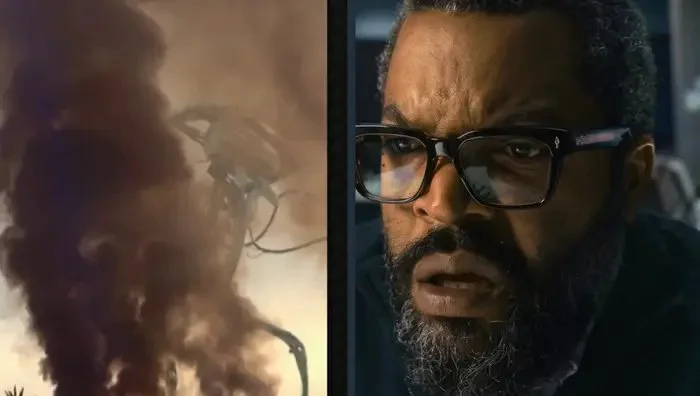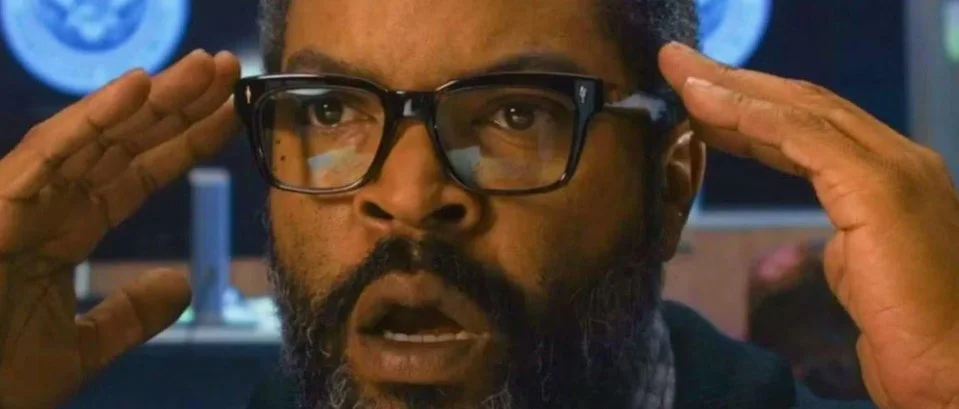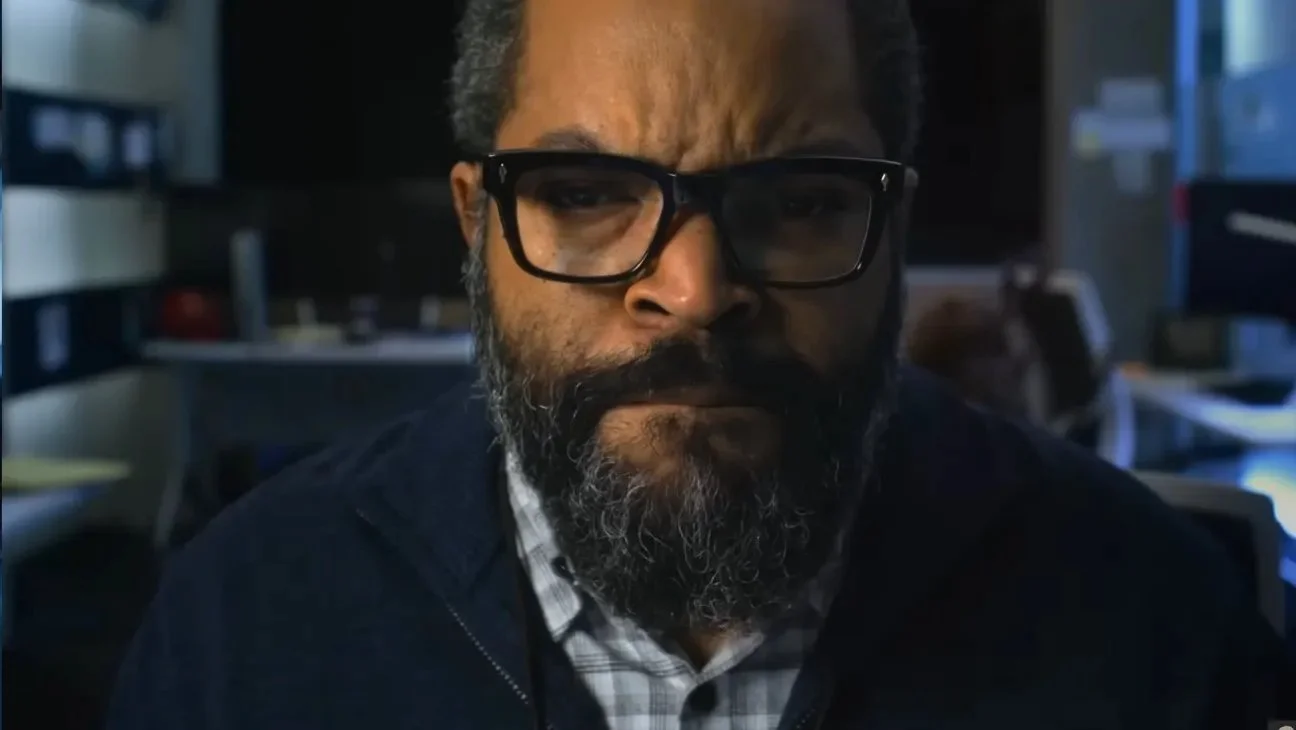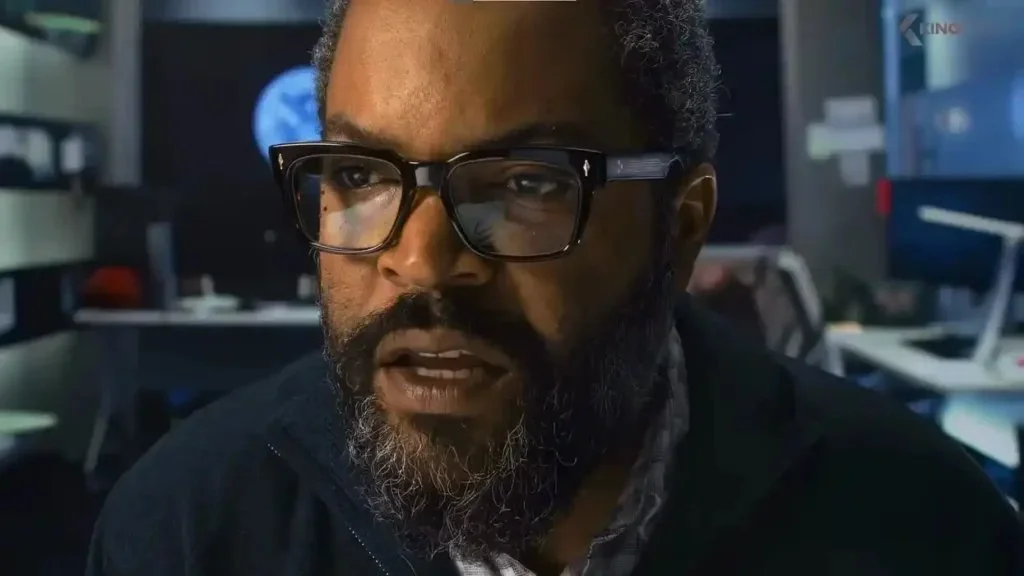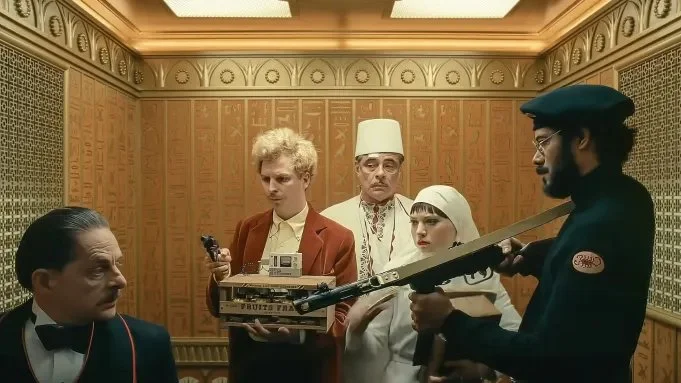I have never really cared about Superman, not even when I was a kid. The closest thing I ever really got to Superman fandom was watching the cartoon, mainly because it was in the same Saturday morning kids’ block with Batman: The Animated Series and X-Men, which were the real stars of the day for me. There was also a brief dalliance with Lois & Clark: The New Adventures of Superman, mainly because I had a crush on Teri Hatcher, but the less said about that poor excuse for a Superman, the better. I barely gave a first thought to the Brandon Routh films, let alone a second, nor do I have any love for the Henry Cavill films, though Man of Steel was okay-ish, I guess (the rest of the Snyderverse is well worth forgetting, in my opinion; though it had some good ideas, it was plagued by terrible execution and worse CGI). So I wasn’t very excited for a new Superman, especially as I felt James Gunn’s Peacemaker dropped the ball after a strong start with The Suicide Squad. But, when I heard the buzz around Superman, both positive and negative (especially when it comes to who was negative and for what reasons), I really wanted to get out and see it, but the timing never worked out for me; it was pulled from theaters and released on digital the day that I was free to go see it. So, I bought it. It’s always a risk buying a movie you haven’t seen, especially digitally, when you’ll have to look at it in your library forever, but at $5 more than renting, it was an easy decision, especially as spoilers were starting to fly hard and fast every time I opened up any sort of social media I had to dodge them like so many wrenches being thrown at me. But boy was I glad that I did. Just as a disclaimer, this will be a full blog post and not a “Lone Wolf and Stub” entry, so I will discuss the story a bit and its messaging, but I will, of course, avoid major spoilers.
The movie starts with a text crawl—a brief establishing blurb where the world is quickly explained—3 centuries ago, the world got metahumans. 3 decades ago, a baby fled a dying planet and showed up on ours. 3 years ago, that baby put on a cape and started being a hero called Superman. It’s so quick, but I love this. I’ve said before that I’m tired of living in reboot land where we see the same origin stories over and over, and this gives us that in media res beginning that you get in a movie like Star Wars and thank goodness for that. I don’t think I ever need to see a baby loaded into an egg and shot towards Earth again, just as I can live without ever seeing Uncle Ben die again. We step into the film with Superman crash landing into the snow outside his Fortress of Solitude having just suffered his first defeat to someone called the Hammer of Boravia after Superman stepped in to stop the heavily-armed and well trained Boravian military from invading neighboring Jarhanpur, a country depicted as not having much of a military at all and seemingly very poverty-stricken. There’s a strong allegory here that I won’t get into, but it’ll be obvious when you watch the movie if you’ve seen even a little of the news in the past few years.
He whistles for Krypto, a superpowered dog he’s looking after, to drag him home because he’s just too hurt to get the rest of the way. As the Fortress comes through the ice and the doors open, Supes is greeted by a message from his parents on a loop and a team of robots there to help him. Unsurprisingly, the lead robot is voiced by the ever brilliant Alan Tudyk (Resident Alien, Rogue One) with unending charm; it’s a small role, but Tudyk’s mastery as a VA is abundant and clear. The robots get him some concentrated yellow sunlight to heal him up, but his spa day is cut short when the Hammer of Boravia attacks again, prompting Superman to intervene, being dealt yet another defeat at the Hammer’s hands. Except this time we see that the Hammer’s strings are being pulled by none other than billionaire Lex Luthor and a team of analysts, helping the Hammer counter every single one of Superman’s moves. As Superman struggles to get up and the crowd of onlookers helps him to his feet, one of them quips that Supes probably shouldn’t have gotten involved in the Boravia/Jarhanpur conflict. Superman doesn’t respond to him, but the look on his face is clear without him ever having to say a word. To do nothing to stop evil when you have the power to do so is in itself an evil act. And not one that Superman can abide by, regardless of borders and allegiances (Boravia is a longtime ally of the United States, whereas Jarhanpur has been fairly the opposite).
And now this is where I want to talk about the characterization of Superman himself, played by David Corenswet (Twisters, We Own This City). I have to admit that even though I’ve seen Corenswet in a few things before, I never really knew who he was until this casting was announced, so I had no preconceived notions as to how the character would be played. Unlike, for example, the idea of Robert Pattinson playing Batman, to which I had an immediate negative reaction and was unbelievably happy to be proven wrong; Pattinson was incredible in The Batman and I loved his performance. And the same goes for Corenswet here. We get precious little time with Clark Kent being Clark Kent, but Corenswet’s depiction of both Clark and Superman were absolutely fantastic. He’s not just a Boy Scout, which has been, throughout the ages, the biggest criticism of Superman’s character; rather, he’s got a personality, he genuinely cares about all living things, he trusts and is kind and always fights to find the best solution for everyone involved. He is often shown breaking off from a battle to protect innocent bystanders, human and furry friend alike, even saving a squirrel. In a lesser film with a lesser performance, that could be cheesy, but Corenswet plays it with such an earnestness here, it just works. The actor disappeared into the role, he became Superman in a way I have never seen an actor disappear into Superman before. The other big criticism I’ve heard about Superman as a character is that he’s so invulnerable that it’s hard to invest in his struggles, which is one I’ve had as well. And that’s not the case here—by starting the movie with his first (and subsequent second) defeat, showing him left bleeding alone in the snow, the vulnerable Superman is here. And that’s one of the biggest strengths of the film. I don’t usually give an actor this many column inches, so to speak, but Corenswet’s performance here reminds me of when I first saw Chris Evans (the best Chris) play Captain America in the MCU. He’s a representative of an ideal that’s fallen to the wayside, a callback to a time when we could say things about the world and pretend they were true, and it’s done in a time when we are surrounded by so much horrific ugliness in every space of life that it makes me want to scream constantly because I’m always angry.
While most heroes’ greatness is defined by their villains, a good chunk of Superman is defined by Lois Lane. And I think, and this is going out on a limb considering how much Superman content I’ve skipped over the years, that Rachel Brosnahan (The Marvelous Mrs. Maisel, The Courier) gives perhaps the best performance as Lois Lane I’ve ever seen. She’s got that spunky reporter, punk rock kid fighting for the truth thing down pat and every frame she’s in is a joy to watch. I wasn’t the biggest Maisel fan, even though I unapologetically love Gilmore Girls (although as a manly man who likes sports and punchin’ stuff, I’ve never seen it of course), but Brosnahan was absolutely brilliant in that show and it comes as no surprise that she is fantastic here as well. It’s a real treat to see her talent hit the big screen. And much like the rest of Superman, we are treated to seeing Lois and Clark in a relationship already, having dated for three months (there’s a 3 motif here that I picked up on, but can’t explain, so if anyone who has seen the movie clocked that significance, please leave a comment down below and fill me in). We even see them getting into a bit of an argument when Clark agrees to be interviewed by Lois because Clark has been pulling a Peter Parker and interviewing himself. The interview, as you can imagine, does not go well, with Clark getting frustrated at Lois’s questions; unlike his own fake interviews with himself, Lois is a real, hard-hitting journalist who isn’t putting her boyfriend’s feelings ahead of the integrity of the news (remember when journalists had integrity? Lois is herself an ideal to live up to here, just like Superman himself).
During this interview, Clark’s moral views come to the forefront as he exasperatedly explains his actions to Lois; “People were going to die!” he exclaims. It’s as simple as that. Geopolitics is a big complicated mess for those involved as optics and allegiances and repercussions are often being put ahead of impact and issues, but for Clark it’s exceedingly easy. He wasn’t acting as a representative of a country, but as a man who saw something wrong about to happen and stepped in to stop it. That’s all that mattered to him. People were going to die and he had the power to stop it and he did. Not allies, not resources, not strategic relationships; simple and refreshing right and wrong. When Lois and Clark speak later, she mentions their fundamental differences: Lois doesn’t trust anyone, she’s a skeptic at heart and a rebel to boot, whereas Clark trusts people, loves them, and finds them beautiful, for all their messy imperfections. If there is a way to stop harm from coming to them—or any living thing—even harm doled out by his own fists, Superman wants to find a way to stop it or at least mitigate it. He’d rather find a solution to a conflict rather than just burst through the wall and punch his way through it. And that kind of kindness is rare and should be celebrated. Superman doesn’t need to be edgy and dark to be interesting; he needs to be what he is in this film. Brave, but not fearless. Strong, but not invulnerable. Empathetic, and not weak.
Luthor’s the weak one; filled with hate and rage, he is everything a Superman villain needs to be. He’s a genius, he’s resourceful, he’s charismatic and effective. He’s evil and poison drips off his every word and expression. And he’s played by Nicholas Hoult (X-Men: First Class), who has been putting in excellent performances since About a Boy. He is the perfect foil to Superman and the perfect billionaire villain for the world we live in today. And because the movie is structured to give him the last three years to work on a plan to get rid of Superman before the first frame, it’s so much more believable. Not only that, he’s fighting in a very 21st century, terminally online kind of way in addition to all his regular supervillain stuff, which roots his plan in our reality. Always nice to see. Luthor’s rage and envy of Superman fuels his crusade against everything that is good in the world; there is no human cost too high that Luthor won’t pay it to accomplish his goals. He is the complete opposite of Superman, for whom any collateral damage is too much. And I couldn’t imagine it being played better by anyone else. Much like Corenswet in this film, Nicholas Hoult simply disappears into Lex Luthor.
The supporting cast here is great too; of course Nathan Fillion (Firefly, Dr. Horrible’s Sing-Along Blog), Captain Hammer himself, is a scene stealing powerhouse as Green Lantern Guy Gardner, with the worst haircut I’ve ever seen, and Edi Gathegi (X-Men: First Class, For All Mankind) as Mr. Terrific, the hero with a name worse than Guy Gardner’s haircut, who damn near steals the whole show. They’re rounded out with Isabela Merced (The Last of Us, Alien: Romulus) as Hawkgirl, who has some great banter with Gardner. Absolutely wonderful trio as the Maxwell Lord-funded superhero group the Justice Gang (which makes them sounds like an old west posse), though the idea of a corporate-funded superhero team isn’t as explored as I would have liked it to be and neither are the three of them. But I understand it; the decision not to go into that was probably made for runtime and/or story flow; after all, the movie isn’t really about them and it fits the universe where superheroes are just around. It also might be something to put a pin in for future DC movie releases in the Gunnverse era. The fears that Superman would just be Guardians of the Galaxy with Superman in it were largely unfounded; there are definitely more MCU actors in this than I expected to see, but it’s still very much a Superman film. I don’t mind at all the inclusion of the Justice Gang because, again, it was pulled off very well. I know some fans (and/or preemptive haters) were hoping to see some sort of Batman appearance, but the best I can give you is that there is a song in the score that harkens back to Nirvana’s “Something in the Way”, a central piece of music and musical motif all throughout The Batman. When I heard it, I sat up and said to no one “That’s Nirvana!” very excitedly. A subtle hint that somewhere down the line, we might see David Corenswet and R.Pats cross paths despite all the statements to the contrary.
But more important than all that is what this movie represents, what it means, and its message. Superman is a character who is, finally, after years of brooding and smoldering intensity, a Superman who represents an ideal that we can and should work to attain. Like Captain America, he isn’t a dark reflection of our reality, but rather someone who would sacrifice himself for what we’re supposed to be, for the promise we’ve made but haven’t yet kept. They’re characters we’re meant to look up to and want to be like, and I love that. Superman doesn’t care where you’re from or what lines have been drawn because who you are isn’t defined by your heritage, by where you came from, by what your parents want you to be. You are defined by your actions, your choices, and the person you choose to be. Strength and punching are not nearly as important as choosing a path that helps people when you’re able to. If you can stand by and watch contently as children are slaughtered solely for the patch of dirt that they happened to be born on, then you can never call yourself a hero. Superman is a reminder that even though conflict can be bigger than we are, that a call for justice lives within each and every one of us. That all life is precious regardless of where or how it came to be. I know I’ve said this before, so I’ll spare you the embedded Paddington 2 clip, but Superman made me want to be a better man. Because it’s not just haters online who are filled with anger, it’s me too. And I think it’s a lot of other people who just make the decision not to spread their anger or wallow in it, a lot of people who don’t let righteous anger turn into a hate that darkens their soul. It made me feel so deeply that empathy and kindness are not just the real punk rock, but they are the only way forward in an increasingly hostile world that somehow Superman has gone from something that didn’t matter to me at all to something I am excited for and, frankly, can’t stop thinking about. Superman the man gave me hope. Superman the film gave me hope, not just that James Gunn’s DC project is headed in the right direction, but along with The Fantastic Four: First Steps and Thunderbolts, comic book movies are on the way back after years of the middling installments. Superman is a beautiful film because it, like the title hero, strives to find beauty in everyone and encourages us to do the same.
